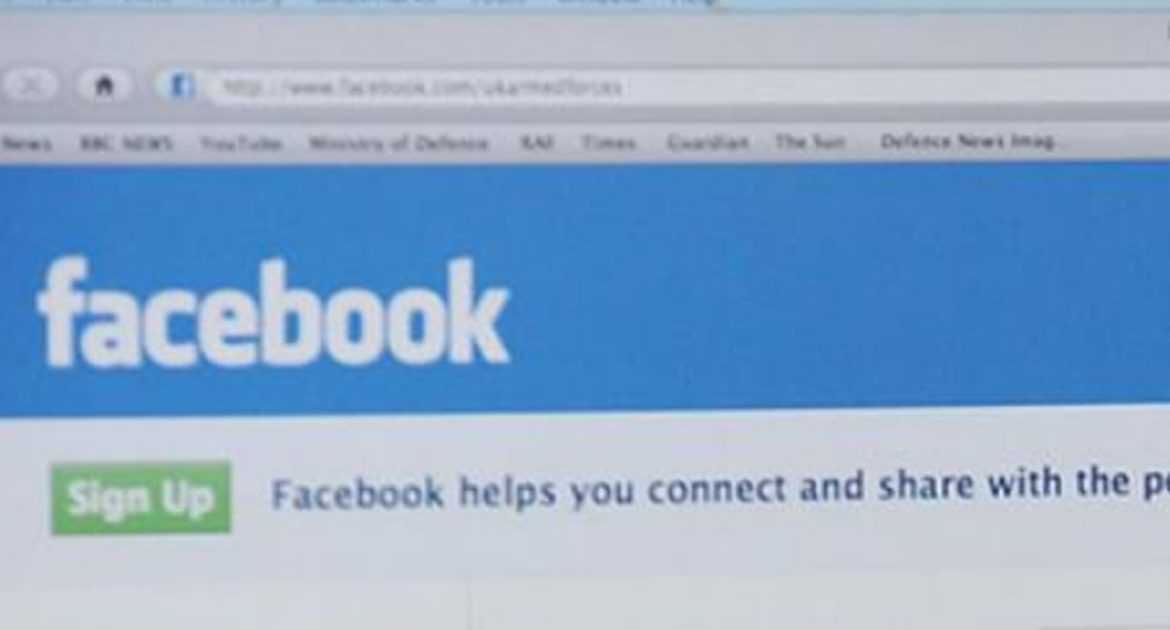Internet criminals are getting good at what they do. Now they can disguise their scams and viruses into normal-looking messages and attachments. That’s right. Be careful what you click because it you’re not 100 percent certain that it is something safe, a scammer could have embedded a virus into it – and it could make your entire computer or smartphone descend into madness. A recent scam that is becoming popular involves tricking unsuspecting people into clicking a link via a Facebook message. While it might look like it isn’t anything special, this scam makes your computer slow down and it what it can do is scary.
This new Facebook messenger scam plays on your curiosity and your fear of being exposed. The scam usually comes from a friend but their account was hacked and it isn’t really them.
The message comes with a link that you really shouldn’t click. It can ruin your computer or cause expensive damage.
The social media scam targets people who like to use Facebook. And after they hack a close friend’s account, they use their connection to you to send you a link. Above the link, you’ll also see the recipient’s name, the word “video” and a shocked emoji face. But do not click the link – it will give you a virus.
If you click, you’ll be transported to a website designed to steal your information. For example, you might go to a fake YouTube page that has infectious adware. Or if you’re using Firefox for internet browsing, you’ll be sent to a Flash Player install page that if clicked will poison your PC until it is useless.
Not only does this scam load your computer up with spam and other software that slows down your computer, it also can steal your bank information and other valuable data – like your social security number.
With more than a billion users, Facebook understands that people want to abuse their system for malicious reasons.
That’s why the leaders at Facebook urge users to beware of the following things:
-Avoid people asking you for money if you’ve never met them in person
-Ignore people offering your prize money or a loan
-Do not move your conversation off Facebook messenger if you don’t know the person. They could cause you harm if they get your email address
-Beware people claiming to be a friend or family member in dire need of your help
Facebook issued the following statement to GoodHousekeeping.com about the messenger scam:
“We maintain a number of automated systems to help stop harmful links and files from appearing on Facebook and in Messenger. If we suspect your computer is infected with malware, we will provide you with a free anti-virus scan from our trusted partners. In this instance, we have also reported the bad browser extensions to the appropriate parties. We share tips on how to stay secure and links to these scanners on facebook.com/help.”
Do you send messages on Facebook? Then be careful!
Please Liked Video with your Facebook friends now!






